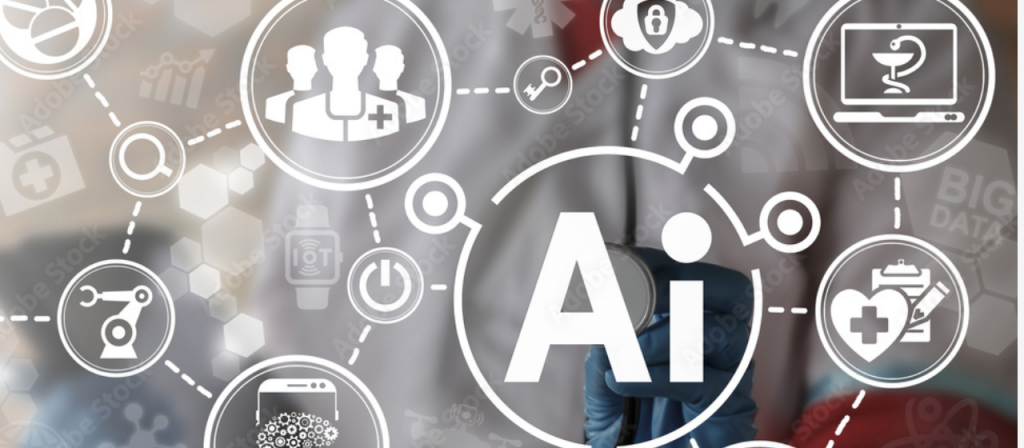 Breakthroughs AI Creating Customized Care For Each Of Us
Breakthroughs AI Creating Customized Care For Each Of Us
It seems week after week we here at Seeflection.com find the most amazing stories about the relationships being developed between healthcare and the software of AI.
In every field of medicine from surgery to optical care, AI is making enormous strides in the growth of how these professions care for us. Andrei Kasyanau is the CEO of Glorium Technologies and he agrees with us in a piece written for fastcompnay.com this week. Kasyanau lays out four points as to how AI is making this paradigm shift happen on a daily basis.
The global market for AI-powered software is forecasted to reach $309.6 billion by 2026. The biggest barriers to the adoption of personalized health care have been overcome, but the journey has only just begun. The popularity of wearables is on the rise, allowing general practitioners to constantly monitor patients and collect vital data to fine-tune treatments. Not only can doctors benefit from data collected and processed by AI-powered algorithms, but the pharmaceutical industry is also looking to develop a more personalized approach to designing treatments and delivering therapies.
Yes, we all have concerns about the amount of our health data that might be floating on the internet, and we have to pray the U.S. Hippa Laws are still enough to protect us for now.
FOUR WAYS AI CAN IMPROVE THE MODERN HEALTHCARE
Many of us have already used our smartphones for doctor’s appointments. Most of us have multiple specialists we see. And with the addition of AI wearables and their feeding data to your multiple physicians, will certainly refine your care. Here are two from Kasyanau’s list:
1. DATA ANALYSIS
Thanks to machine learning and AI, health care institutions can collect, process, and store large data sets while eliminating the obstacles of manual processing. For example, researchers spent over 13 years studying and identifying 20,500 genes of human DNA, but with AI-based algorithms, this same process could be done in less than 24 hours. Faster and more accurate, AI solutions can detect the slightest changes on radiology or MRI screens to help prevent health complications.
2. ASSISTING EMERGENCY MEDICAL STAFF
Emergency dispatchers have to recognize the early symptoms of cardiac arrest, as the time between making a 911 call and the ambulance’s arrival is critical for survival and recovery. AI-powered solutions can also help dispatchers by providing information that allows them to better assess symptoms and establish a diagnosis from a distance. According to a 2019 study, AI algorithms demonstrated better results in recognizing clues of cardiac arrest than human emergency dispatchers.
And these are included in the piece:
3. DISCOVERY AND DEVELOPMENT OF GENETIC MEDICINE
4. CANCER RESEARCH AND TREATMENT
As AI continues to penetrate the health care industry by becoming more widely adopted, it can improve routine workflows and drug discovery, assist medical and nonmedical staff, deliver information and answers faster, and help develop innovative therapies.
The future for all of our healthcare is very bright indeed and AI is the major reason for these huge improvements.
read more at www.fastcompany.com







Leave A Comment